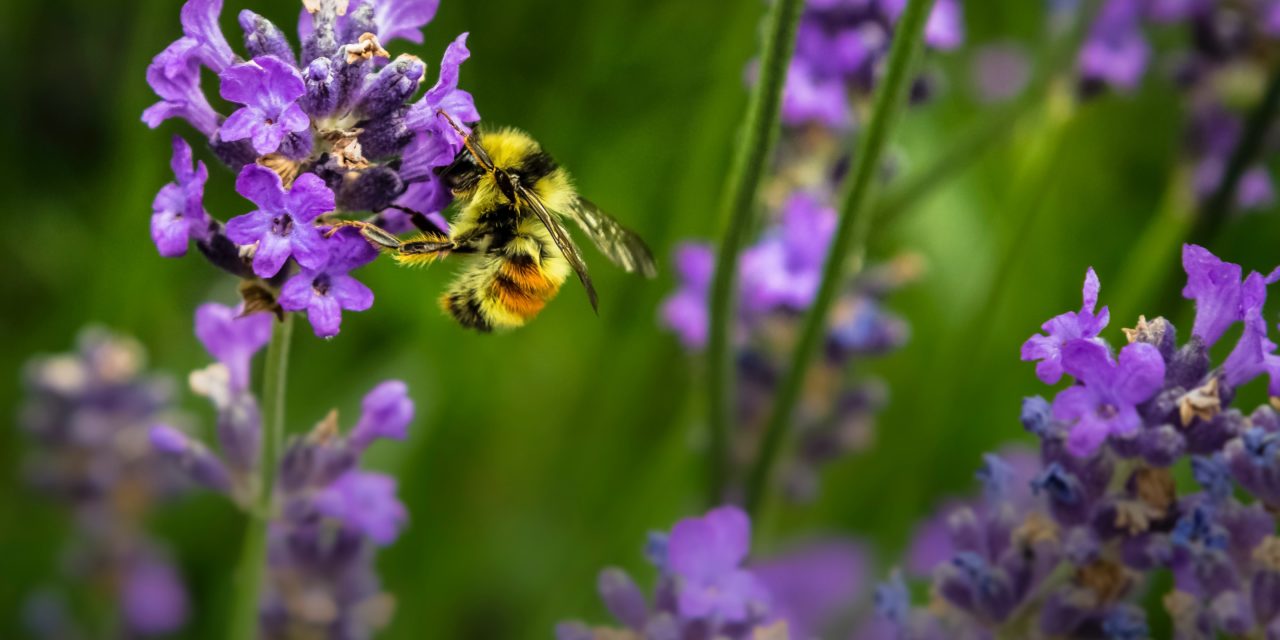New research published on Monday revealed that honeybees in India were found to be dying from air pollution. The Proceedings of the National Academy of Sciences suggested that urban bees around the world could be at risk.
During the four-year study, researchers examined over 1,800 Apis dorsata or the Giant Asian honeybees. Scientists found that 80% of the bees, collected from highly polluted areas of India, died within 24 hours and some developed significant molecular and physiological changes.
“It was the first study I’ve ever done in a laboratory where I actually got tears in my eyes because I was so shocked by this discovery,” lead research author Shannon Olsson told the I Paper.
The impact of pollution on bees
According to the first-of-its-kind quantitative analysis of the air pollution impact on insects, urban honeybees, also known as the crucial pollinators of crops, were coated in tiny polluting particles and pollinated fewer flowers compared to the rural bees.
Urban bees, affected by the pollution, also had more irregular heartbeats, shorter life spans, increased number of genes responsible for stress, lower levels of blood cells and, therefore, a weaker immune system, according to the research.
However, as the Giant Asian honeybees’ colonies tend to migrate over many kilometres throughout the year, among urban and rural settings, the scientific findings implicate that both urban and rural bees may be vulnerable to pollution.
READ MORE: Oil Spill on Mauritius Coast Causes Environmental Concern
The urgency for more studies
The research also suggests that shocking findings could apply to insects around the world, as once the experiments were repeated with lab-reared Drosophila (a type of fruit fly) and similar effects were found.
Saying that “the impact of air pollution is not species-specific nor likely the result of other environmental factors,” researchers emphasised the urgency for more studies on wild plant and animal systems to inform international air quality guidelines better.
“Such studies are imperative to reveal the full impact of air pollution not only on human and environmental ecosystem health,” scientists said, “but, as in the case of this study, economic loss to pollinator-dependent crops and food security in highly polluted and vulnerable regions such as India.”
- Exam Results Day Chaos and Anger as Students Discover Grades - 14th August 2020
- Hard Times Hit the UK as it Enters the Deepest Recession on Record - 12th August 2020
- Air Pollution is Killing Honeybees, Scientists Reveal - 11th August 2020






